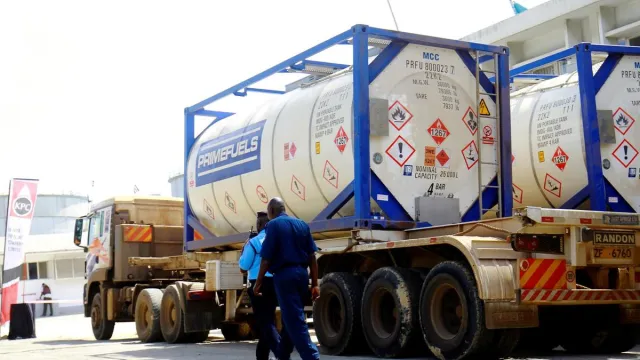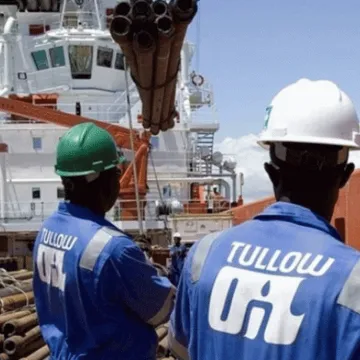Gulf Energy eyes December 2026 oil export debut

Kenya's Early Oil Pilot Scheme (EOPS) by Tullow Oil in 2019 was suspended in the fourth quarter of that year following adverse weather which caused severe damage to the roads used by the trucks transporting the crude.
After close to a 15-year wait, Kenya's dream of exporting oil from Turkana field could come true at the end of next year.
In the latest market update, Gulf Energy is gearing up to start crude production in Turkana's South Lokichar basin, which is estimated to have a capacity of between 60,000 and 100,000 barrels per day.
Kenya's oil find was first announced by British explorer Tullow Oil, which in July sold its interests in the venture to Kenya-based Gulf Energy for $120 million.
Already, Gulf Energy's plan for the oil production has received critical support from the Ministry of Energy and its now awaiting the nod from Parliament.
"I have approved the Field Development Plan (FDP) for the Turkana oil project presented by Gulf Energy E&P B.V. I will now proceed within 30 days to present the FDP to Parliament for ratification, under Article 71 of the Constitution,” Energy CS Opiyo Wandayi.
With MPs' nod, drilling could start immediately in readiness for a December 2026 crude export.
Earlier, the push by Tullow Oil to proceed with crude production hit a snag after the ministry noted that the London-based partners, Africa Oil and TotalEnergies, left the undertaking, starving the project of critical financial backing.
Exploration data shows that the South Lokichar basin in Turkana County holds roughly 560 million barrels.
The country plans to develop a 895km crude pipeline linking Turkana oil fields to the Lamu Port, to ease the flow of oil to the export markets.
In 2019, the London Stock Exchange listed firm exported the first consignment of Kenyan crude oil under Early Oil Pilot Scheme (EOPS), shipping up to 350,000 barrels and earning $4 million (about KES516 million then) in revenue.
EOPS was suspended in the fourth quarter of 2019 following adverse weather which caused severe damage to the roads used by the trucks transporting the crude, Tullow said in its 2019 annual report, adding: Trucking operations remain suspended until all roads are repaired to a safe standard.





